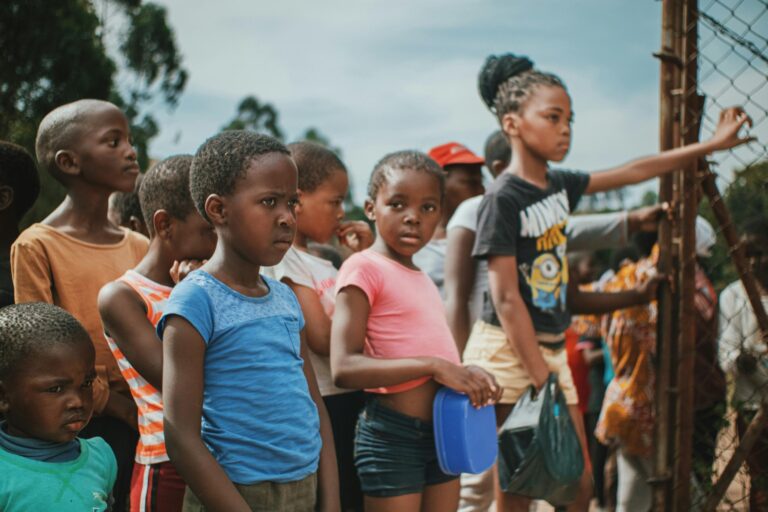Introduction
Disability and poverty are intricately linked issues that affect millions worldwide, including those in Eswatini. In this article, we will explore the challenges faced by individuals with disabilities in Eswatini and the efforts being made to address these pressing concerns.
The Current Landscape of Disability in Eswatini
Eswatini, a small landlocked country in Southern Africa, faces significant challenges related to disability. The World Health Organization estimates that about 15% of the world’s population experiences some form of disability, a statistic that resonates deeply in Eswatini.
Statistics on Disability Incidence
According to various studies, the prevalence of disability in Eswatini ranges from 6% to 10% of the population. This means that thousands of people are navigating daily life with physical, mental, or developmental challenges.
Barriers to Inclusion
Individuals with disabilities in Eswatini face numerous barriers that hinder their participation in society. These barriers include inadequate infrastructure, social stigma, and limited access to healthcare and education.
The Cycle of Poverty
The intersection of disability and poverty creates a vicious cycle for many families in Eswatini. People with disabilities often find themselves unable to secure stable employment, leading to financial insecurity and further entrenchment in poverty.
Economic Challenges
Limited job opportunities compounded by discriminatory practices make it incredibly difficult for individuals with disabilities to rise above poverty. In addition, families with disabled members may experience increased financial burden due to the need for specialized care and support.
Initiatives to Address Disability and Poverty
Various organizations and government agencies are working to improve the lives of individuals with disabilities in Eswatini. These efforts aim to break the cycle of poverty and promote inclusion through education, healthcare access, and economic empowerment.
Government Policies and Legislation
The Eswatini government has recognized the need for inclusive policies aimed at supporting people with disabilities. Legislation is being developed to ensure equal rights and opportunities in various sectors, including employment and education.
NGOs and Community Efforts
Non-governmental organizations (NGOs) play a crucial role in advocating for the rights and needs of individuals with disabilities. By raising awareness, providing resources, and facilitating community programs, organizations are making strides toward reducing poverty among people with disabilities.
Conclusion
Addressing disability and poverty in Eswatini requires comprehensive strategies and collaborative efforts. Through government initiatives, community engagement, and international support, we can empower individuals with disabilities to break the cycle of poverty. For more information on this pressing issue, visit this resource.

